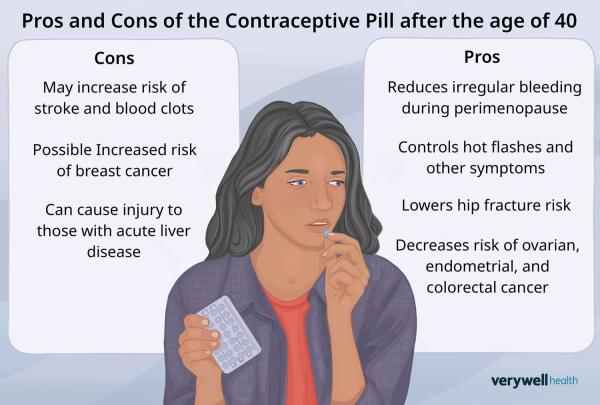Exploring the Relationship Between Birth Control Pills and Liver Cancer Risk | |||
 1,298 1,298  0 0  0 0 | |||
| Studies have shown a slightly increased risk of developing liver cancer in women who use oral contraceptives, particularly those who use them for a long time or at high doses. However, this increased risk is relatively small compared to other risk factors for liver cancer, such as hepatitis B and C infections, alcohol abuse, and obesity. The overall risk of liver cancer remains low for most women, even those who use birth control pills. The benefits of using birth control pills for contraception and managing certain medical conditions generally outweigh the small increased risk of liver cancer for many women.
The relationship between birth control pills (oral contraceptives) and liver cancer risk is complex and nuanced. While generally considered a low risk, some studies suggest a slightly increased risk, particularly with longer duration of use and certain types of pills.
Important Note: This information is for general knowledge and should not be considered medical advice. Women considering using birth control pills should discuss the potential risks and benefits with their doctor or other healthcare provider. They can assess individual risk factors and help determine the best course of action. Regular checkups and screenings, especially if other risk factors are present, are important for early detection of any liver problems. Tags: Birth Control Pills HCC Healthcare Decisions Hepatocellular Carcinoma Liver Cancer Oral Contraceptives Pharmaceutical Innovation Reproductive Health | |||
| |||
| | |||
|
 3350
3350 